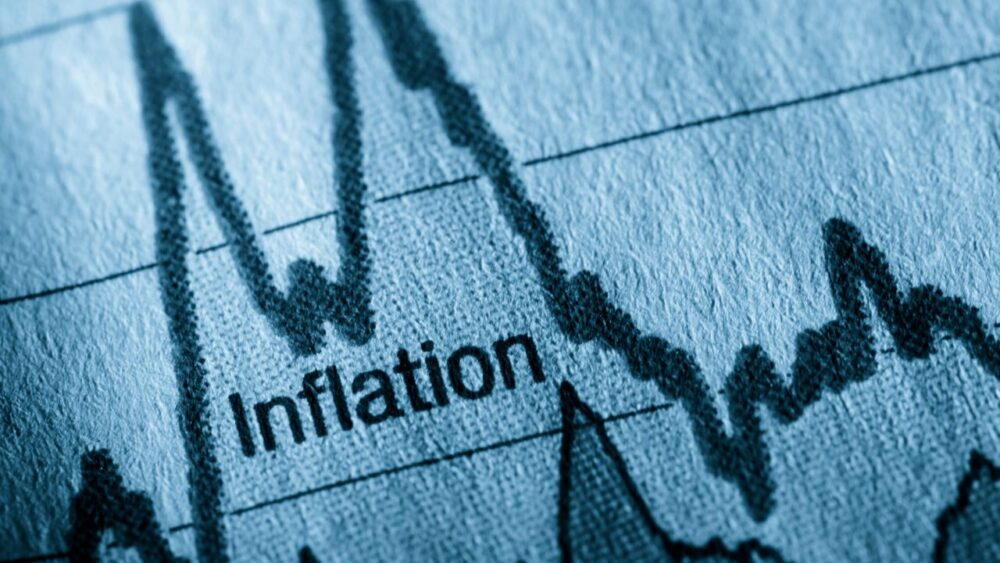Inflation remained below expectations in September, with prices holding steady and wages continuing to outpace inflation — even as the White House warned that Democrats’ refusal to reopen the federal government could halt the release of future economic data.
“Inflation came in below market expectations in September thanks to President Trump’s economic agenda,” White House Press Secretary Karoline Leavitt said Friday. “This is good news for American families, and it’s a shame the Democrats are using them as leverage to fund health care for illegal aliens. Democrats choosing to keep the government closed will likely result in no October inflation report, which will leave businesses, markets, families, and the Federal Reserve in disarray.”
The new Consumer Price Index (CPI) showed inflation averaging 2.5% since President Donald Trump took office — far below the 5% average recorded under President Joe Biden. Real private-sector wages have climbed $1,151, or 1.8%, under Trump, reversing nearly $3,000 in purchasing-power losses during the previous administration.
Gasoline prices are on track for an annualized drop of 7.5% since January, compared to an average annual increase of 7.7% under Biden. The 12-month change in overall shelter costs has fallen to its lowest level in four years, while gas prices have approached their lowest average levels in more than four years.
Prices also declined across several consumer categories, including motor-vehicle insurance, used cars and trucks, apparel, fresh fruits, nonprescription drugs, and butter, while egg prices are down 23.7% since Trump took office.
Bloomberg economist Chris Anstey said the latest readings “will bolster the Trump administration’s argument that inflation is under control and tariffs aren’t triggering a cost-of-living surge.”
Administration officials warned that the ongoing Democrat-led shutdown prevents government surveyors from collecting October price data — meaning the next monthly CPI release may not occur. The absence of inflation data would mark the first such gap in U.S. history, leaving policymakers and markets without a key measure used to guide economic decisions.


